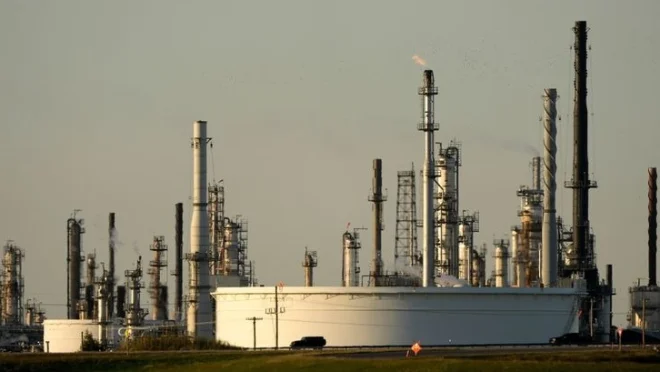5 ways AI can aid the environment despite its high energy use
5 ways AI can aid the environment despite its high energy use

Artificial intelligence (AI) consumes enormous amounts of electricity and water, yet experts believe it could also become a powerful ally in the fight against climate change — by making energy systems smarter and reducing overall pollution.
According to the International Energy Agency, data centres that power AI accounted for about 1.5% of global electricity use in 2024, a figure that could more than double by 2030. Even so, researchers say AI’s ability to optimise energy, industry, and transport systems could offset some of its environmental impacts.
Smarter buildings
AI can automatically adjust lighting, temperature, and ventilation in buildings, cutting energy use by 10–30%. It can also predict when heating and cooling systems require maintenance, preventing breakdowns and saving both power and money. “That’s low-hanging fruit,” said Zoltan Nagy, an engineering professor at Eindhoven University of Technology.
Efficient EV charging
AI can schedule electric vehicle charging during off-peak hours — typically overnight — to ease pressure on power grids and lower costs. In California, a pilot project using this approach has helped consumers save money while supporting renewable energy use.
Cutting methane emissions
Boston-based Geminus AI employs deep learning to help oil and gas companies reduce methane flaring and venting — two major sources of greenhouse gases. Its technology analyses complex networks of wells and pipelines, making real-time adjustments that once took engineers an entire day to calculate. CEO Greg Fallon says this could “massively reduce emissions” across the industry.
Discovering geothermal energy
Salt Lake City startup Zanskar uses AI to locate underground heat sources for geothermal energy — a clean, renewable alternative to fossil fuels. The company’s models have identified untapped geothermal reservoirs in New Mexico and Nevada, showing how AI can uncover new opportunities for sustainable energy.
Reducing traffic pollution
Google’s Project Green Light uses AI and traffic data to improve traffic signal timing and reduce stop-and-go driving. Active in 20 cities worldwide, including Boston, it has helped lower congestion by up to 30% and emissions by around 10%, according to Google.
Despite growing concerns over AI’s energy footprint, experts remain optimistic. “AI is becoming part of the solution,” said Alexis Abramson of Columbia University. “Used wisely, it can help us make the world cleaner and more efficient.”


